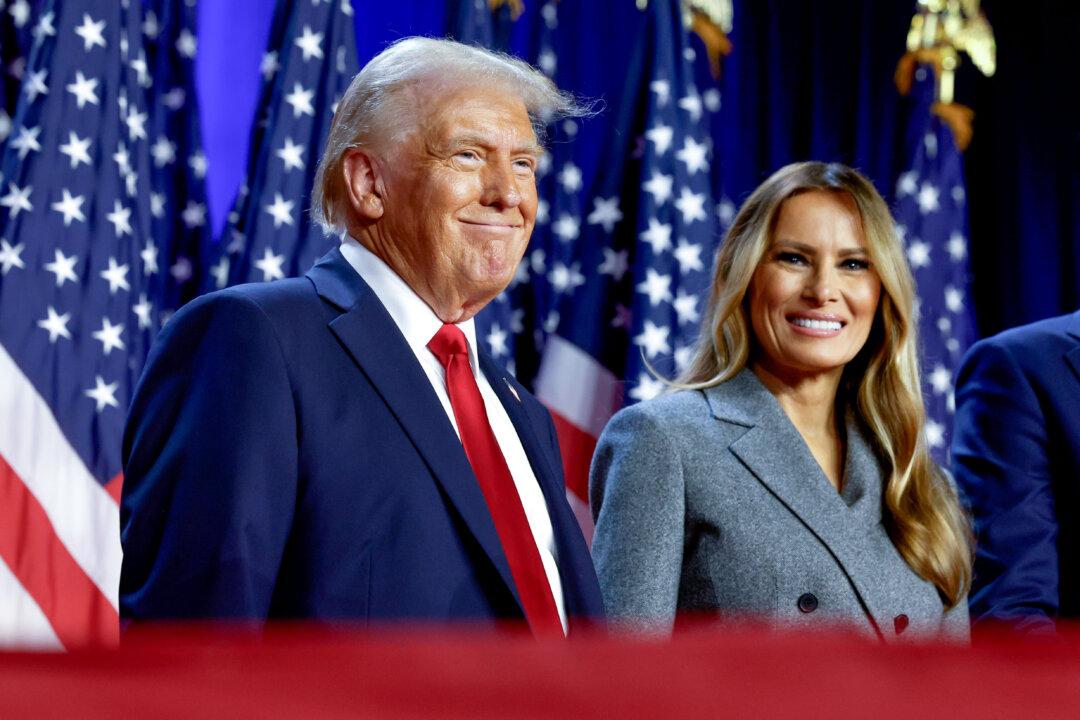Commentary
Much of the uncertainty overhanging the U.S. economy was lifted after the Nov. 5 election, as the “Blue Wall” manufacturing states of Michigan, Pennsylvania, and Wisconsin ultimately determined who won.

Much of the uncertainty overhanging the U.S. economy was lifted after the Nov. 5 election, as the “Blue Wall” manufacturing states of Michigan, Pennsylvania, and Wisconsin ultimately determined who won.